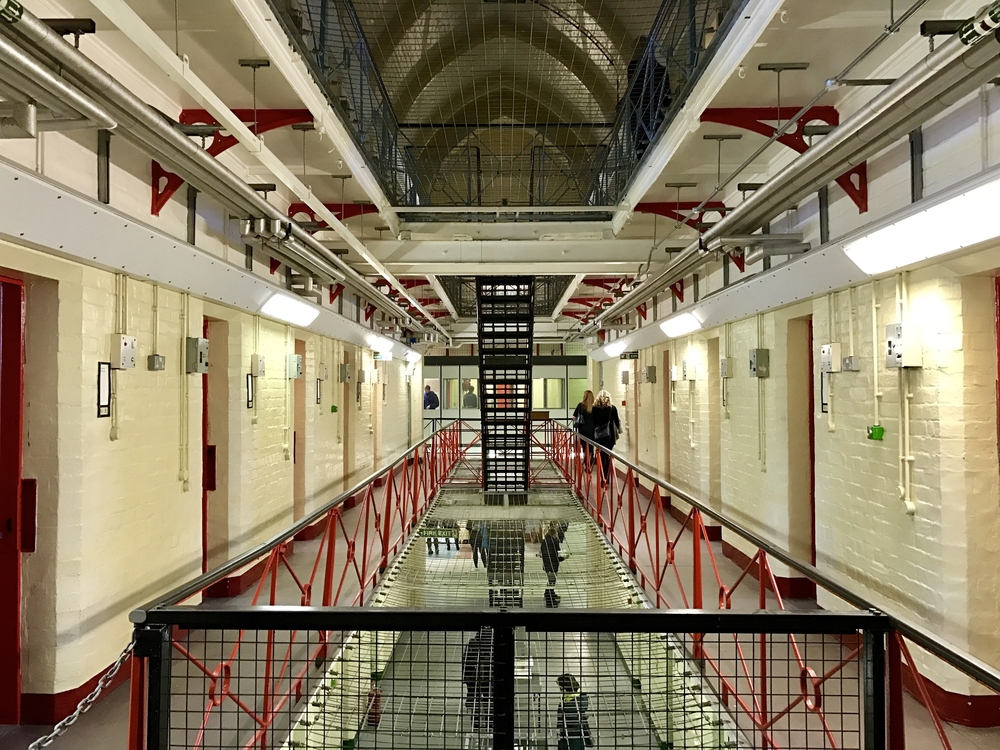“Low-level offenders” such as burglars, drug dealers, and drunk drivers who are sentenced to less than a year in prison will avoid jail time in new government plans to tackle the overcrowding crisis in British prisons.
The scrapping of short-term prison sentences for most criminals was announced by Justice Secretary Alex Chalk on Monday who told parliamentary colleagues that criminals who may have been expected to serve time behind bars would now be handed community service orders.
“We need to look again at low-level offenders. Because while the overall reoffending rate is 25 percent, the rate for people who spend fewer than 12 months in prison is over 50 percent,” Chalk told the House of Commons.
“A short stretch of a few months inside isn’t enough time to rehabilitate criminals, but is more than enough to dislocate them from the family, work and home connections that keep them from crime,” he added.
The sentencing reforms would introduce a presumption that petty criminals such as thieves and low-level drug dealers would no longer be incarcerated and would be expected to clean up local neighborhoods by undertaking unpaid work.
Chalk reiterated, however, that the move would allow the justice system to come down harder on repeat offenders and criminals convicted of sexual and violent crimes.
Writing in the Sunday Telegraph, the justice secretary confirmed that the “most dangerous and serious” offenders such as rapists, terrorists, and violent criminals would serve their whole sentence behind bars.
“No longer will the perpetrators of this heinous crime walk out of prison after even two-thirds of their sentence. A 15-year sentence will mean 15 years in prison. This is the justice that the British people expect, and we will deliver it,” Chalk wrote.
Additionally, “less serious offenders” already serving time in prison could be released on probation up to 18 days before their release date to make further space, the government announced.
Under new reforms, the government will seek to deport a greater number of foreign prisoners to ease the burden on a prison system that has seen its population skyrocket in recent years.
Ministry of Justice figures published earlier this year revealed that 61 percent of U.K. prisons were overcrowded with the current prison population of 88,225 just a few hundred places shy of its full capacity of 88,782.
Britain’s prison population has increased by 8 percent in the past year alone and is projected to rise to as high as 94,400 by March 2025.
The reforms were announced following a report by The Times newspaper last week, which claimed that judges had been asked not to impose immediate custodial sentences and to delay sentencing hearings due to the overflowing prison population.
“We have been told that this is a ‘short-term measure’, but nobody knows what that means,” one judge told the newspaper.






